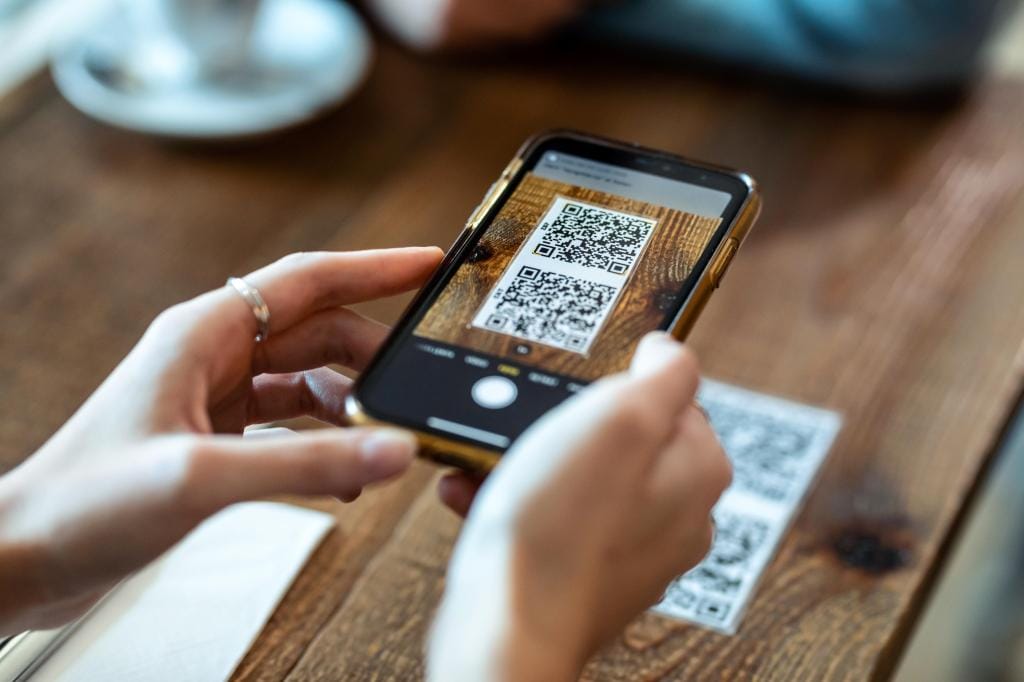QR codes have become increasingly popular since the COVID-19 pandemic, which proliferated their use in the form of paperless menus or invoices.
But the convenience and efficiency of scannable codes carries a threat: they also make users easily scammed.
While cybersecurity experts at Check Point report a 587% increase in QR phishing or “quishing,” the Federal Trade Commission has also issued a warning to consumers who may be putting their personal information at risk.
Cybercriminals can disguise legitimate QR codes (also known as “quick response” codes that are traditionally found as a mix of black and white pixels that direct scanners to a website) with codes of their own that send scanners to fake sites that they then steal. personal information or install malicious software.
Fake codes can be found in public places, such as parking meters, or sent via text message or email claiming there was suspicious activity on an account or a problem delivering a package.
The coronavirus pandemic proliferated the use of QR codes, which gave consumers a completely paperless way to view menus, pay bills and fill out forms. AdobeStock
“They want you to scan the QR code and open the URL without thinking about it,” the FTC warned in a blog post Wednesday.
To protect yourself, the FTC recommends inspecting URLs before opening them to make sure they are not forged with misspellings or swapped letters.
The agency also recommended not opening QR codes from unexpected communications, such as urgent messages indicating a problem with an account, and keeping your phone up to date and turning on two-factor authentication.
 The FTC warned the public not to scan random QR codes and to be suspicious of unsolicited communications containing them. AdobeStock
The FTC warned the public not to scan random QR codes and to be suspicious of unsolicited communications containing them. AdobeStock
A September blog post from the Federal Bureau of Investigation also implored consumers to be skeptical and “suspicious” of QR codes that, after scanning, ask for login information, and further warned against scanning codes that they appear to have been “tampered with.”
Categories: Trending
Source: vtt.edu.vn
